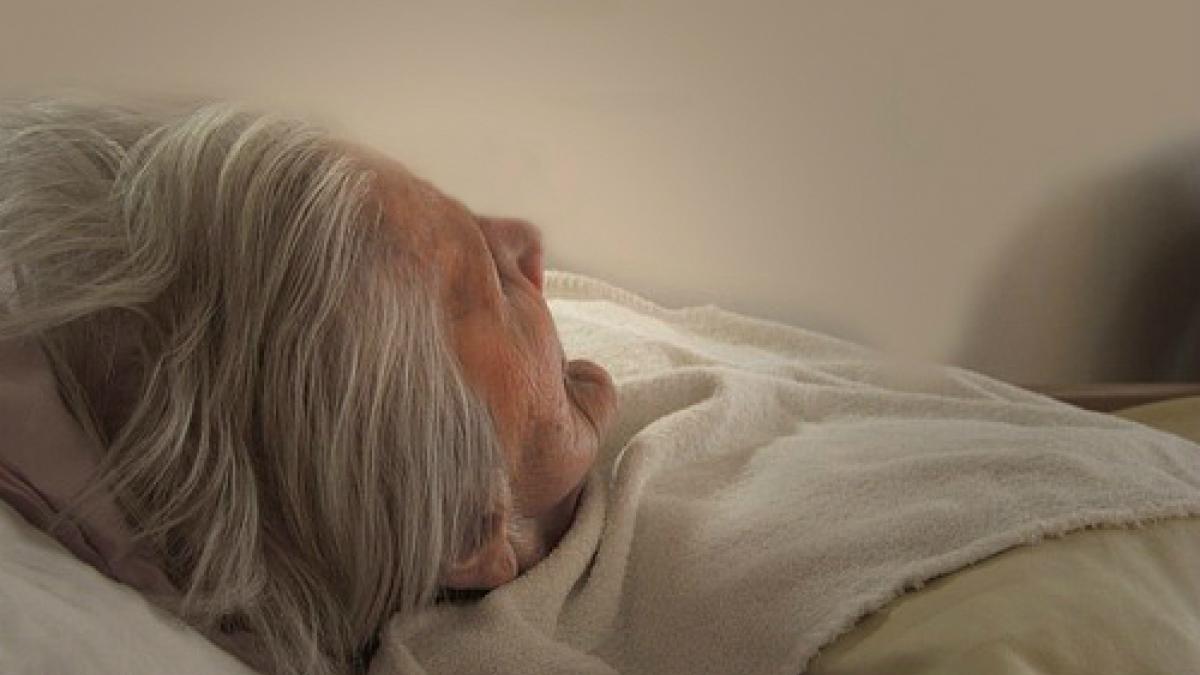New research indicates little difference in the cost or functional outcomes between older people’s rehab schemes in hospitals, care homes or a person’s own home.

NIHR: more research is needed to better understand how to manage frailty in hospital and at home
The findings, from the National Institute for Health Research (NIHR), show the one exception is rehabilitation for stroke. However, it was difficult for researchers to compare different types of environment, and the NIHR says more investigation is needed in this area.
In a review covering 53 studies that it has funded into caring for older people with frailty in hospital, the NIHR also says that research shows that an electronic frailty index can be used at a local level to identify the most vulnerable patients. The index can help care planning to be properly targeted, in both primary and secondary care.
The document includes research into falls. One project evaluated the effectiveness of bed and bedside chair pressure sensors linked to radio pagers. It found that while sensor technology can indicate movement, on its own, it did not reduce inpatient bedside falls.
While only five per cent of people aged 60-69 live with frailty, this figure rises to 65 per cent in people aged over 90, the NIHR says. In England there are approximately 1.8 million people aged over 60 living with frailty.
The NIHR concludes that more research is needed to better understand how to manage frailty in hospital and in people’s own homes, so that people are only taken to hospital when it is completely necessary.
The organisation is calling for new research across its programmes on older people with complex needs, including work on frailty.
Find Out More
Number of subscribers: 0



































